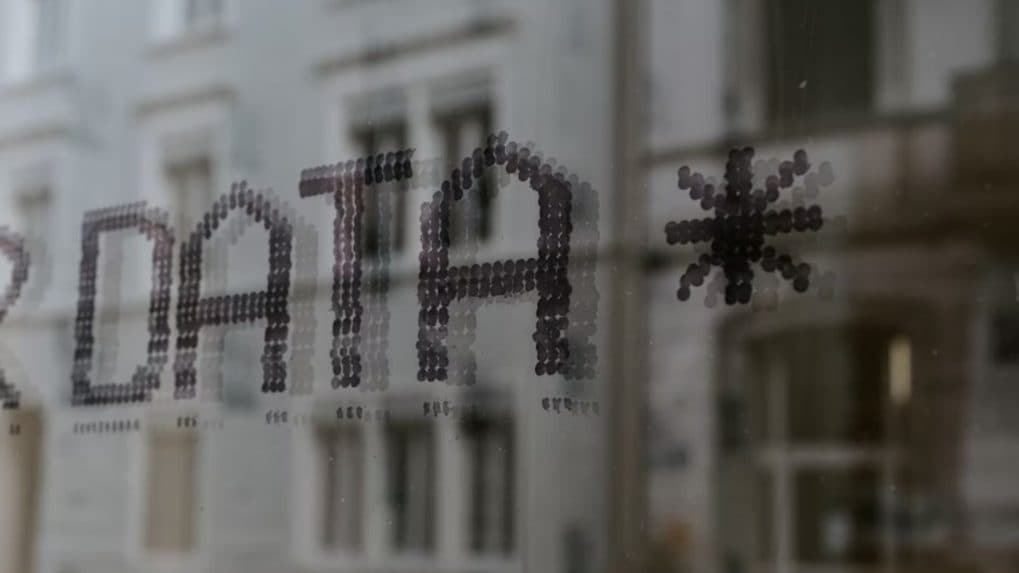DPDPA rules set to reshape India’s digital ads; short-term pain for e-commerce, long-term gains for high-quality consent
Elara Capital’s Karan Taurani warns of GDPR-like turbulence for India’s adtech ecosystem as consent-driven data access tightens; expects near-term hit to conversions and ad revenue but stronger long-term signal quality and structural advantages for first-party data players.
ADVERTISEMENT
The government’s notification of the Digital Personal Data Protection Act (DPDPA) Rules 2025 marks a turning point for India’s digital economy, with early disruptions expected across e-commerce advertising, programmatic adtech, and third-party data ecosystems.
According to Karan Taurani, EVP at Elara Capital, the shift mirrors the European Union’s GDPR rollout, where limited consent and signal loss initially hurt ad yields, before stabilising into a higher-quality, privacy-first environment.
A crucial uncertainty, Taurani said, is whether apps will be required to offer continued service even when users deny consent. “If the law enforces access despite refusal, data signals may drop materially. But if apps can restrict usage after denial, friction rises while data availability remains intact,” he noted.
The industry is awaiting clarity on what will qualify as “necessary data” for app functioning, an interpretation that could directly affect addressability, programmatic supply, and compliance workflows.
In the near term, e-commerce platforms and adtech intermediaries will face higher investments in consent management, governance systems, and legal compliance. The impact will be particularly sharp if users withhold consent, though Taurani points out that emerging markets generally see higher consent rates than developed markets.
Still, even a temporary dip could be costly: for quick-commerce players, Nykaa and food-tech platforms, ad revenue contributes 40–120% of EBITDA, making any disruption to their advertising funnel a direct hit on profitability.
Third-party data reliant companies are especially vulnerable. Taurani expects fringe adtech players, those dependent on fragmented external signals or publisher-supplied audience segments, to see pressure on conversions, compliance costs, and data-sourcing risks. Larger programmatic firms such as Affle, however, could benefit over time as the ecosystem consolidates around privacy-safe, consent-verified data flows.
By contrast, platforms with strong first-party data, Eternal, Instamart, Nykaa, Amazon, Flipkart, are structurally advantaged. Their deep, purchase-linked datasets come with built-in consent paths and lower exposure to compliance risk, placing them ahead in the race for privacy-ready monetisation. “First-party data fiduciaries are far better placed than third-party ones,” Taurani said.
The DPDPA Rules will be enforced in phases, with core compliance obligations, such as detailed consent governance and fiduciary responsibilities, rolling out over an 18-month period. Violations could attract penalties of up to ₹2.5 billion or 5% of turnover, whichever is higher, making India one of the strictest global regimes after the EU.
Taurani highlighted the parallels with GDPR’s early impact: targeting volumes shrank, consent strings were invalid or missing, and programmatic demand dropped 20–30% for several European publishers. Yet over time, CPMs rose for high-quality, high-consent inventory and ad spend concentrated among data-rich platforms. A similar consolidation is expected in India as the system recalibrates.
The DPDP framework introduces stringent requirements spanning consent collection, data-use transparency, parental controls, governance infrastructure, and breach reporting. Platforms must disclose every purpose of data use, outline retention timelines, list third-party partners, and offer easy revocation of consent. Significant Data Fiduciaries will also face annual audits, DPIAs, and mandatory DPO appointments.
The biggest early indicator to watch, Taurani said, will be the momentum in user consent granting or withdrawal, something that will become clearer over the next eight to nine months. While conversions and ad revenue may soften initially, he expects improved conversion quality and richer signal density in the long run. “The transition will bring near-term caution, but platforms will ultimately benefit from cleaner, higher-value data as models adapt to the new regime,” he said.

